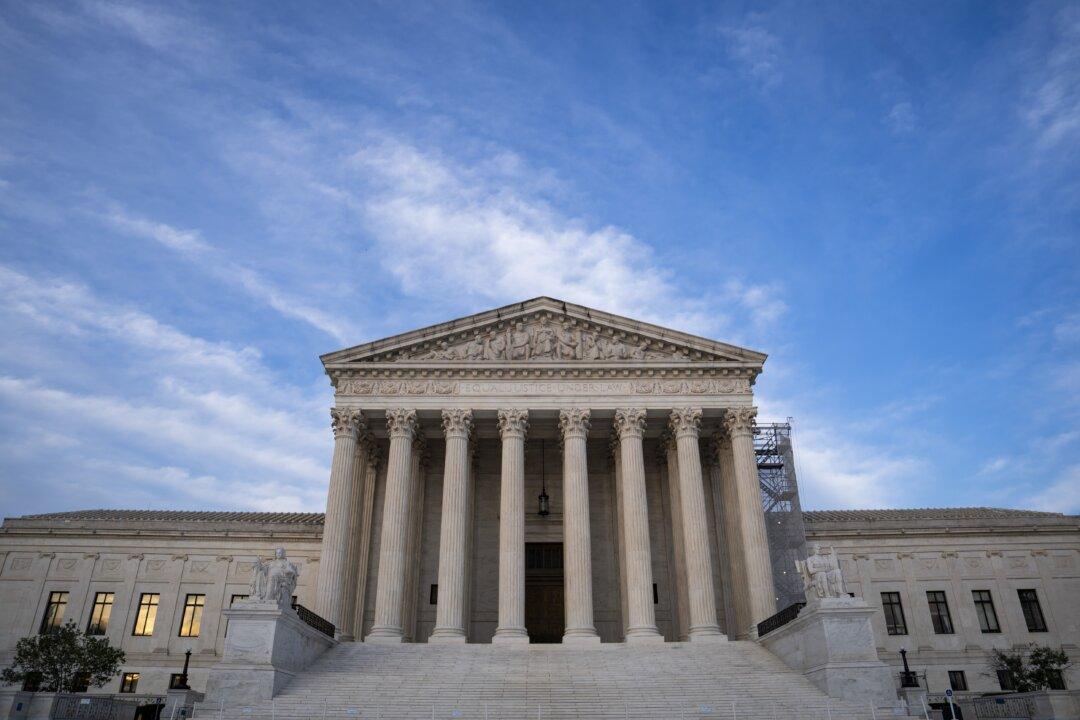Commentary
The Epoch Times published a collection of essays written by Constitutional scholar Rob Natelson titled “Defending the Constitution.” It’s a delightful, very readable, and profound assessment of the document that has provided a firm foundation for our republic for more than 250 years.





